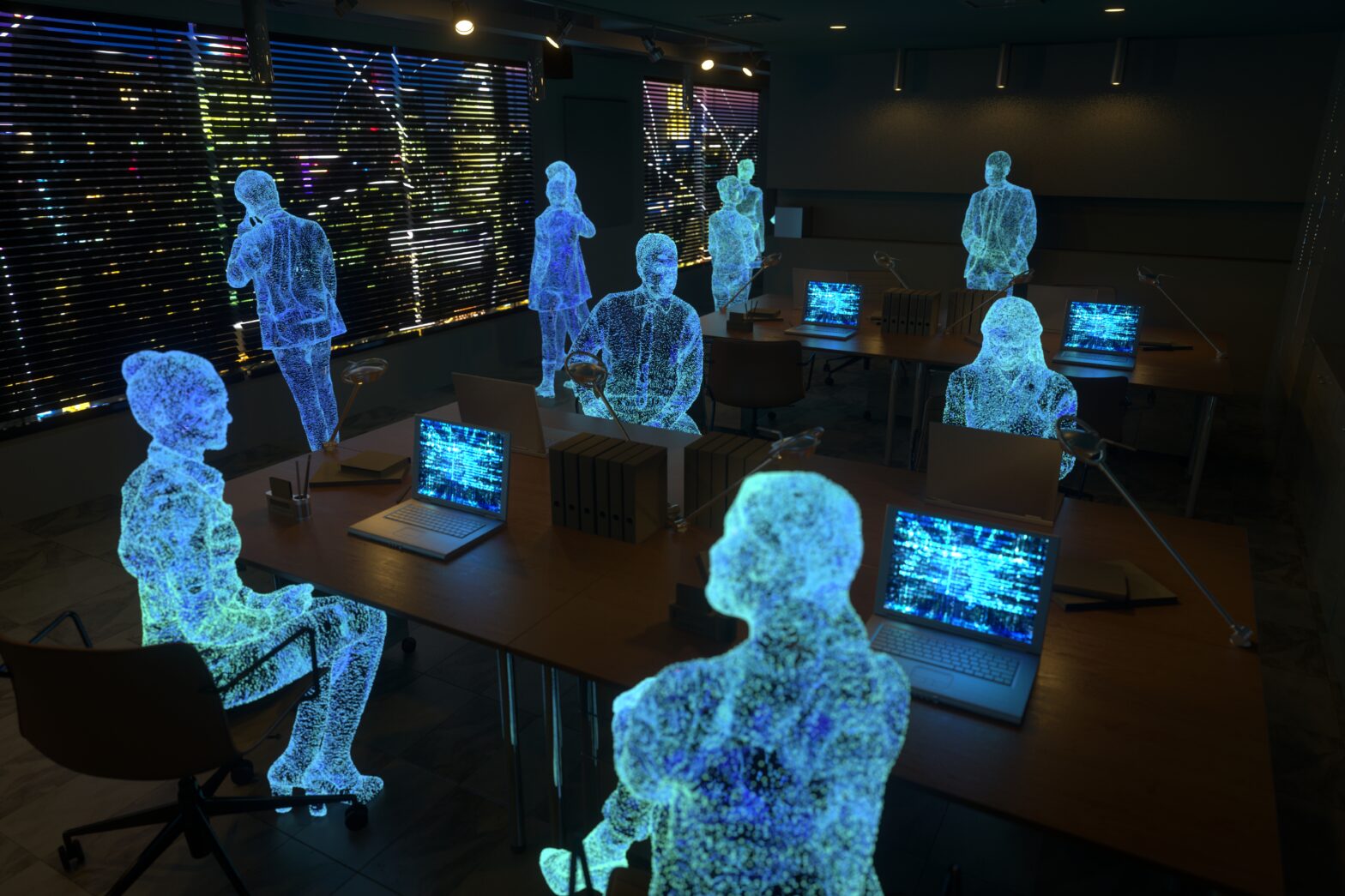The immersive industry, encompassing augmented, virtual and mixed reality, is big news. Already valued at $5.2 billion globally in 2016, it is estimated to grow exponentially over the next three years to be worth $162 billion by 2020.
The UK is incredibly well positioned to take advantage of this burgeoning market. Not only has it become a global centre for technology development, but it also has a rich heritage in the sectors where immersive technologies are likely to have the largest and most immediate impact; the creative industries, manufacturing and health.
The UK is already a force to be reckoned with in the global immersive market, currently boasting the largest number of up and coming VR companies in Europe.
However, with the market set to swell in line with immersive adoption, industry cannot afford to be complacent. To make the UK a truly dominant leader of the field, we need to join forces across government, academia and industry to take a more strategic and unified approach to immersive development.
>See also: Driving digital innovation through the art of immersive
Currently a significant factor hampering immersive growth in the UK is the lack of collaboration. Every company playing in the immersive space is investing in innovation. However, if the UK is to meet its potential for industry growth, organisations need to work together to drive future-focused projects to market.
All too often businesses in different creative sectors, advertising and gaming for example, are investing in similar technologies but are not aware of the crossover and therefore fail to share findings. Encouraging the cross-pollination of ideas and establishing co-funding models across sectors will help prevent duplication and siloed innovation.
Looking at virtual reality (VR) as an example, to date it is best known for its applications within the creative industries and its ability to provide increasingly demanding global audiences with new, engaging entertainment experiences. The use of VR within film is becoming increasingly sophisticated, as was highlighted by the inaugural BAFTA VR Advisory Group Summer Showcase, hosted at Digital Catapult’s London headquarters. Events like this encourage different groups to share their progress, demonstrate the use and success of VR in film and inspire further investment in forward-thinking immersive ventures.
But the applications of VR extend far beyond entertainment. Within the healthcare industry VR has been used to simulate surgery for doctors in training and incorporated into diagnostics to avoid invasive surgeries. VR is also a powerful technology when used effectively with patients. Incredibly, it can be used to treat phobias, trigger memories for dementia patients and distract from chronic pain.
>See also: How immersive technologies are transforming business
VR also has the potential to transform the manufacturing industry, enabling businesses to interact directly with their designs, foresee and troubleshoot possible problems pre-production and provide an enhanced, tangible experience for clients.
Fortunately, the UK has been quick to recognise the potential of immersive technologies – and has structures in place to grow the industry. While the US and China do little to boost organisations in this space, the UK recognises the need to actively support the market to drive global competitiveness.
This is one of the reasons why Digital Catapult exists. It is a technology innovation centre committed to unlocking growth in the UK economy through the practical application of digital innovation and culture.
Fostering the development of immersive technologies is a big part of this, and why it has developed an Immersive Labs an London and Brighton, to give organisations of all sizes the opportunity to demonstrate, innovate, test and experience the latest immersive technologies.
While the immersive industry offers significant opportunity, there are also significant challenges to overcome in the consumer and enterprise arena. VR headsets are clunky and isolating, which can detract from the immersive experience.
>See also: What is a true digital enterprise?
What’s more, there’s not sufficient high quality immersive content being produced to really drive consumer demand for the expensive hardware. Which brings us back to why events, like the BAFTA showcase, are so key in creating real buzz around the use of VR.
While the relevance of immersive technologies beyond the creative industries is of high importance, let’s conclude with a point from Sir Peter Bazalgette’s recent review into these. While the UK’s growing immersive sector is second in the world – the US still dominates this space, holding 75% market share in comparison to the UK’s 5%.
The UK has all the right ingredients to make the her a centre for immersive development, but it is collaboration that will be the key agent bringing sustenance to the UK economic table.
Sourced by Aurelien Simon, head of Immersive, Digital Catapult
Related: Driving value from immersive technologies – Matt Hulbert, senior director, emerging experiences at Avanade, on the different types of immersive technologies being used to drive the most value.










